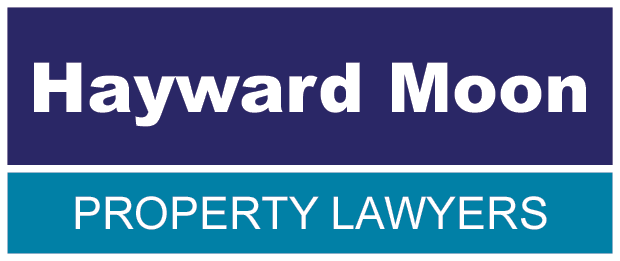What is an Estate Rentcharge?
An estate rentcharge is an obligation for an owner of a freehold property to pay a yearly sum to the rentcharge owner to maintain part of the estate. This charge is usually paid to a private management company or a residents association.
Current Issues
Where a maintenance charge is secured by way of a rentcharge, the rentcharge owner has certain statutory rights under S.121 of the Law of Property Act 1925 where the payment falls into arrears. If the homeowner defaults in payments, the remedies available can be severe. For example, if payment remains unpaid for 40 days, whether demanded or not, there is a statutory right for the developer to grant a lease to trustees over the property. The homeowner would be left paying a premium to end the lease, together with the rentcharge owner’s costs associated with this, which could lead to a significant impact on the value of the property or could prevent a sale until the lease has ended.
Unfortunately there is no requirement for the rentcharge owner to inform the homeowner or the lender when they exercise the remedies. As this increases the risk to the lender’s security, most are cautious to lend and stipulate very specific requirements.
The Remedy
If you are purchasing a new build, your lawyer should ensure the transfer deed excludes S.121 of the Law of Property Act 1925 or that there are suitable provisions to meet lender requirements.
If you are purchasing a property already subject to an estate rentcharge, your lawyer should check the transfer to ensure the legislative provisions are excluded or there are suitable provisions that meet lender requirements. If the transfer deed does not include suitable provisions, your lawyer can either:
1. Request a deed of variation to vary the terms of the original transfer. The rentcharge owner usually requests a premium and payment of their legal costs.
2. Accept an estate rentcharge indemnity policy. This provides the lender with financial protection if they suffer loss. Not all lenders accept a policy and it is important you check before accepting this.
If you are looking to sell or purchase a property that has an estate rentcharge, please contact Hayward Moon and one of our experienced lawyers can provide a quote.



